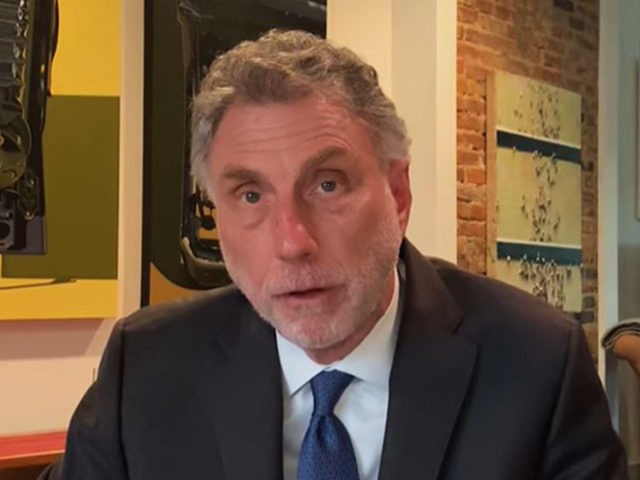The Washington Post’s Marty Baron delivered Harvard University’s virtual commencement speech Thursday, repeatedly emphasizing the significance of “facts and truth” in his remarks and warning that “misinformation” and “disinformation … can kill.”
Baron, executive editor at the Jeff Bezos-owned Washington Post, spoke first about the coronavirus pandemic and then pressed on the need for “facts and truth,” a word pair he mentioned four times in the opening two minutes of his 20-minute speech.
“Facts and truth are matters of life and death. Misinformation, disinformation, delusions, and deceit can kill,” Baron said.
Baron stressed the need for the media to hold “the powerful … to account” and made reference to the 2001 investigation by the Boston Globe, where he worked as editor for 11 years, of the systemic cover-up of priests’ sex abuse of children within the Catholic Church.
Segueing into press freedom, Baron spent the majority of his speech lecturing on the various challenges the press face in both the U.S. and abroad and making comments that mirrored the well-known Washington Post slogan, “Democracy Dies in Darkness,” while warning of authoritative government leaders having the ability to hinder free press.
He stated that China has some of the world’s “tightest censorship,” then lamented the U.S.’s supposed influence in the treatment of the press abroad, saying, “Sadly much of the world is on that worrisome path, and efforts in this country to demonize, delegitimize, and dehumanize the press give license to other governments to do the same and to do far worse.”
Baron did not mention President Trump specifically during his remarks despite continued tensions between the president and mainstream media, which White House press briefings from press secretary Kayleigh McEnany have underscored in recent weeks.
On May 6, when McEnany was asked if she would retract a statement she had made prior to the novel coronavirus gaining traction in the U.S., the press secretary responded by lambasting the media for erroneous predictions, citing the Washington Post three times.
“Does the Washington Post want to take back that they told Americans to get a grip, that the flu is bigger than the coronavirus? Does the Washington Post likewise want to take back that our brains are causing us to exaggerate the threat of the coronavirus?” McEnany asked, adding, “And finally, once again, the Washington Post, would they like to take back that the government should not respond aggressively to the coronavirus?”
Toward the end of Baron’s speech, he circled back to his concern with “facts and truth” and drew a connection to Harvard’s motto, “Veritas,” the Latin word for “truth,” claiming truth-seeking is a mission he shares with Harvard graduates:
We see that acutely now when people’s health can be jeopardized by false claims, wishful thinking, and invented realities. The public safety requires the honest truth. Yet education, expertise, experience, and evidence are being devalued, dismissed, and denied. The goal is clear: to undermine the very idea of objective fact, all in pursuit of political gain. Along with that is a systematic effort to disqualify traditional, independent arbiters of fact. The press tops the list of targets.
Baron joins a lengthy list of prominent Harvard graduation speakers, including, in recent years, German Chancellor Angela Merkel, Rep. John Lewis (D-GA), Facebook CEO Mark Zuckerberg, and director Steven Spielberg.

COMMENTS
Please let us know if you're having issues with commenting.